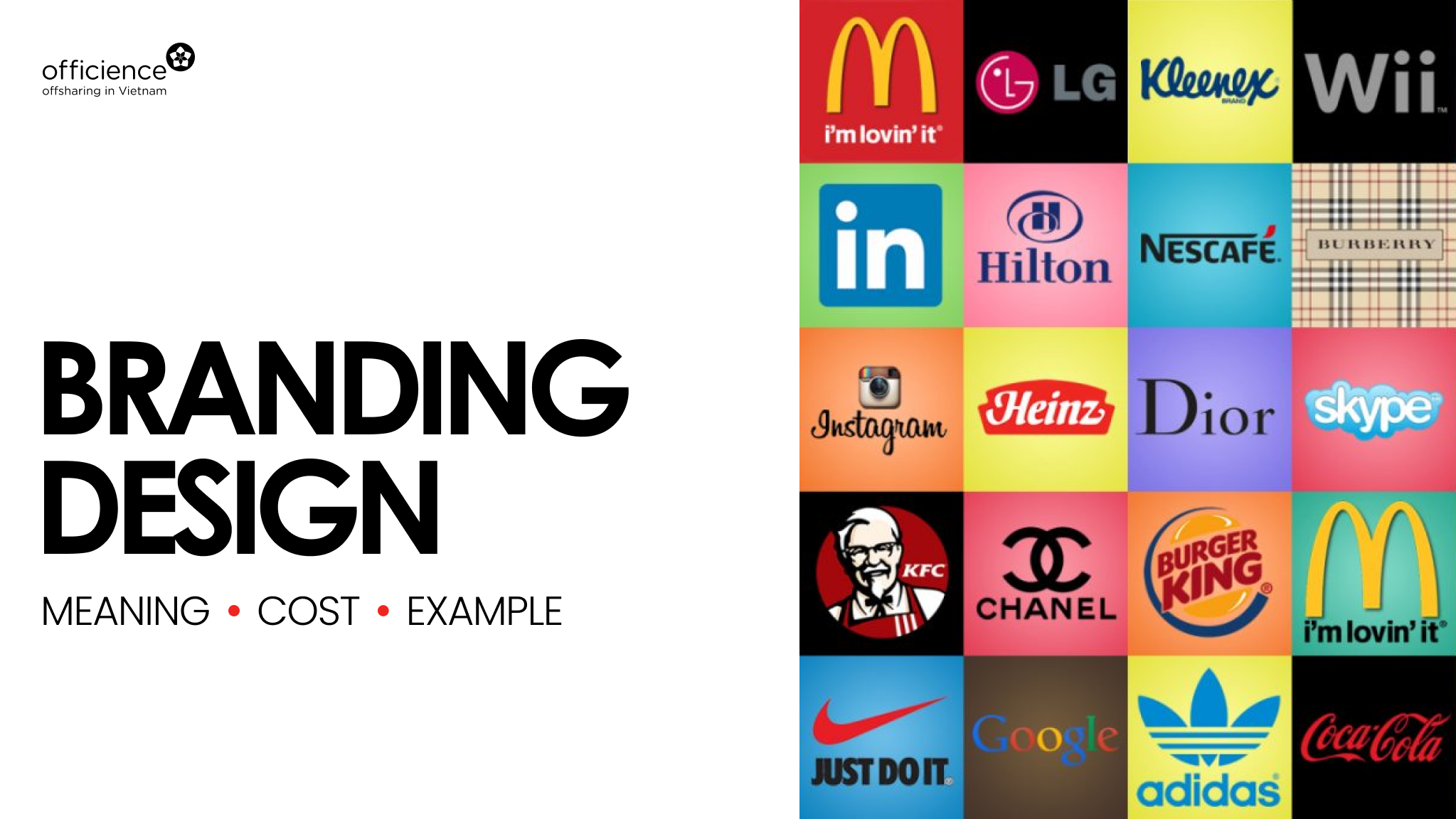Why Robust Branding Is Essential for Market Management
A distinct brand identification not only establishes a business apart from its competitors yet likewise cultivates depend on and emotional links with consumers. What are the details methods that can boost a brand name to this renowned standing?
Comprehending Brand Name Identity
Continually acknowledging the significance of brand identity is crucial for any kind of organization desiring achieve market management. Brand name identity includes the aesthetic aspects, messaging, and overall assumption that distinguish a firm from its competitors. It serves as a structure for how consumers engage and perceive with a brand, playing an essential role fit their expectations and experiences.
A well-defined brand name identification communicates the core values and objective of a company, creating an emotional connection with its target market. Components such as logos, color plans, typography, and intonation need to straighten cohesively to share a consistent message across all platforms. This uniformity enhances brand name acknowledgment and promotes client commitment.
Additionally, brand name identity is not merely superficial; it shows the authenticity and stability of a business. It needs to be thoroughly crafted to resonate with the designated audience while staying adaptable to advancing market fads. Organizations that focus on a solid brand name identification can effectively differentiate themselves, build a positive reputation, and cultivate a loyal customer base. Ultimately, a durable brand name identification is important for navigating competitive landscapes and sustaining lasting success.
Structure Client Count On
A strong brand name identification lays the groundwork for building consumer depend on, a crucial component in achieving market management. Count on is not merely a psychological response; it is a tactical possession that can considerably affect acquiring decisions and brand commitment. Business that cultivate openness, dependability, and uniformity in their messaging and activities foster a complacency among customers.
To develop this count on, brand names should supply on their pledges. This implies making certain that product top quality satisfies customer assumptions and that service experiences are favorable and responsive. In addition, consistent interaction enhances integrity; when customers recognize what to expect which their worries will certainly be attended to, their self-confidence in the brand deepens.
Social evidence also plays a vital role in establishing depend on. Positive testimonials, testimonials, and endorsements from reputable sources improve a brand name's reputation and can sway prospective clients. Engaging with customers with social platforms and addressing their worries openly shows liability and dedication.
Distinction in Affordable Markets
In today's jampacked marketplace, differentiation is vital for brands seeking to stick out and catch customer interest. With many choices readily available, customers are typically overwhelmed, making it imperative for brand names to establish an unique identification that reverberates with their target market. This distinction can materialize with different elements, including item attributes, prices strategies, client service, and brand name messaging.
Efficient differentiation entails not just determining what makes a brand unique but also communicating these differences plainly and constantly. Brands must express their value proposal in a way that addresses details consumer demands and choices. For example, a company might concentrate on sustainability, innovative modern technology, or customized customer experiences see here to sculpt out a specific niche in a competitive landscape.
Furthermore, brands must constantly analyze their competitive setting to adapt and improve their differentiation approaches. This positive technique guarantees that they continue to be attractive and pertinent to consumers as market characteristics evolve. Inevitably, robust branding that highlights distinction not just fosters brand name loyalty however additionally positions a business as a leader in its sector, paving the method for continual development and market dominance.
Psychological Connections With Consumers
Emotional connections work as an effective catalyst in building lasting partnerships between consumers and brands. It cultivates commitment that goes beyond plain transactional communications when customers resonate with a brand on an emotional level. Brands that successfully stimulate feelings-- whether via narration, shared worths, or genuine interaction-- create click for more a sense of belonging for their customers.
These psychological connections can dramatically affect acquiring choices, as customers are commonly driven by sensations rather than reasoning. A brand name that aligns with customers' goals or addresses their pain factors can grow an ingrained loyalty that leads to repeat company and positive word-of-mouth referrals.
Moreover, psychological branding enables companies to differentiate themselves in jampacked markets. By taking advantage of the sentiments of their target audience, brand names can sculpt out a special identity that resonates deeply, making them memorable and liked over competitors.
In an age where customers are pounded with choices, a strong emotional link can be the choosing consider brand name preference. Thus, focusing on emotional involvement is not simply a marketing technique; it is a calculated important for brands looking for to establish meaningful relationships and boost client retention.
Long-Term Company Success
Lasting organization growth depends upon the ability to grow robust branding methods that resonate with customers over time. A strong brand name not just separates a company from its competitors yet also promotes commitment and count on amongst customers. This long-lasting relationship is crucial for making sure repeat organization, which considerably adds to revenue stability and development.
In a significantly competitive market, brand names that communicate a regular and clear message are much more most likely to grow. This consistency reinforces brand identification, making it much easier for customers to select the brand name and remember over others. Robust Branding. As an outcome, a well-established brand can adapt to market modifications without shedding its core significance, allowing for innovation without pushing away devoted consumers
In addition, durable branding develops a platform for customer engagement, whereby companies can gather comments and adjust their offerings as necessary. This repetitive procedure not just improves consumer complete satisfaction yet additionally constructs an area around the brand, promoting a read the article sense of belonging.
Final Thought

Organizations that focus on a strong brand name identity can properly distinguish themselves, develop a favorable track record, and grow a devoted customer base.A solid brand name identity lays the foundation for building consumer count on, a vital component in attaining market management. A solid brand not just differentiates a firm from its competitors yet also promotes commitment and trust amongst customers. As a result, a reputable brand can adapt to market adjustments without losing its core essence, enabling for innovation without pushing away dedicated customers.
